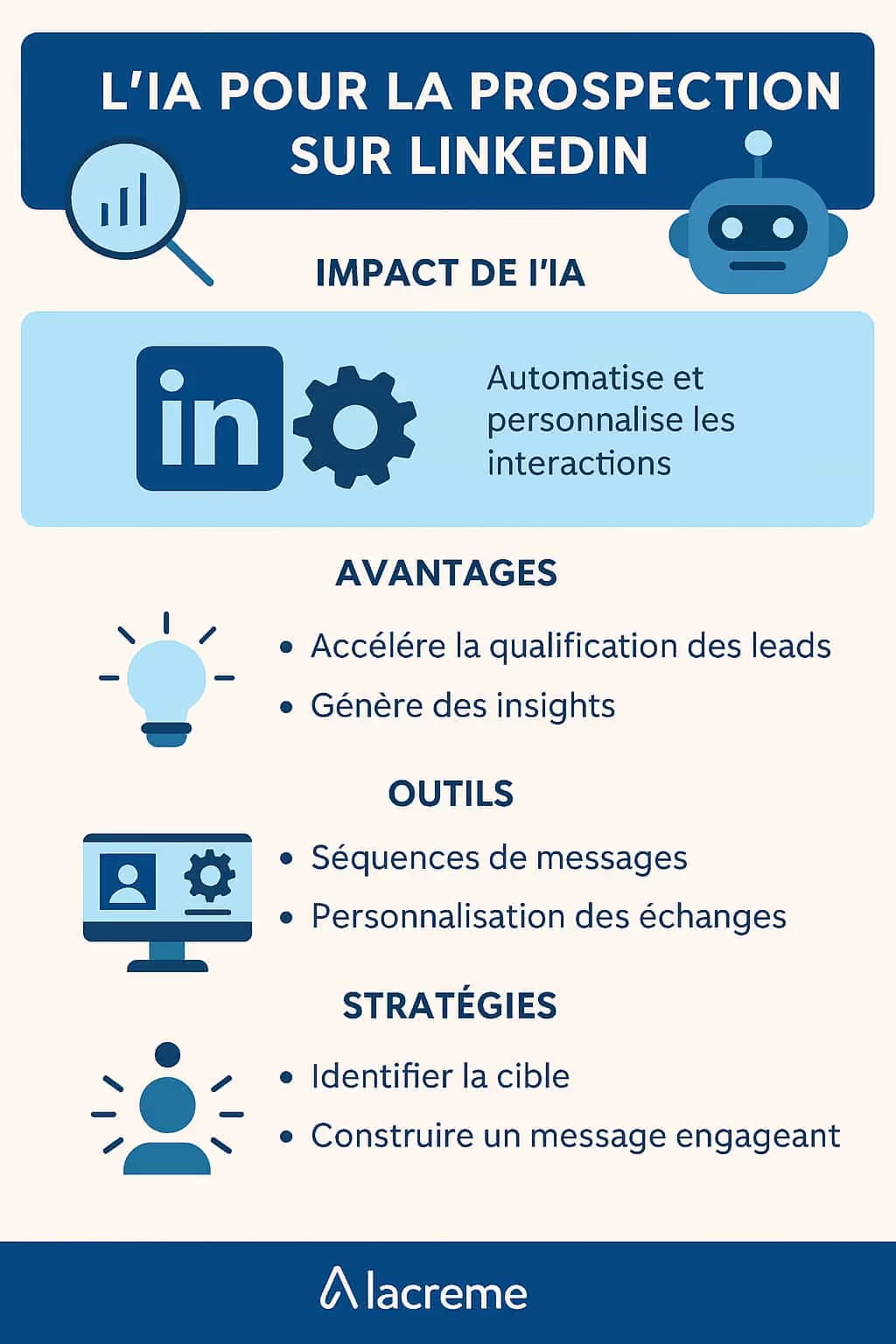The emergence of Artificial Intelligence in the fashion industry
Initially seen as a futuristic and complex concept,artificial intelligence (IA) has gradually been integrated into various industries, including that of fashion and accessories. Les clothing brands, constantly looking for innovations to stand out, are increasingly adopting this technology to rethink the creation and distribution of their products. The influence of AI is evident at every stage, from design to sale, and is transforming traditional processes into optimized and intelligent routines.
AI and clothing design
One of the main areas where AI is leaving its mark is fashion design. The algorithms ofmachine learning help designers explore new shapes, textures, and color combinations by generating innovative proposals. These tools rely on data such as emerging trends, customer feedback, and even climate conditions to create designs that meet consumer expectations while reducing the risks of unsold productions.
AI in production and the supply chain
The integration of AI into production and distribution processes brings significant improvements in terms of efficiency and cost reduction. Intelligent automation helps streamline manufacturing operations. Of AI-assisted robots are capable of sewing and assembling parts with unparalleled precision and speed. At the same time, the management systems of supply chain, powered by AI, predict peak demand to optimize inventory and reduce waste.
How AI is redefining the customer experience for clothing brands
Virtual try on and personalized recommendations
Artificial intelligence has created revolutionary tools that are changing the way customers interact with clothing brands, especially in the field of e-commerce. Virtual fitting rooms, for example, allow customers to try on clothes without physically wearing them, thanks to augmented reality. In addition, personalized recommendation systems analyze purchase histories and preferences to suggest items tailored to each individual, thus intensifying the online shopping experience.
Customer relationships and intelligent chatbots
Les Chatbots equipped with artificial intelligence are renewing the interaction between brands and consumers. These virtual assistants offer 24/7 support, managing customer queries with a capacity for continuous learning. They facilitate after-sales service, guide purchase decisions and provide instant responses to customers, leading to increased satisfaction and loyalty.
The challenges of AI for clothing brands
Data protection and confidentiality
While AI feeds on data to optimize services, the challenges related to privacy protection and cybersecurity are considerable. Apparel brands need to ensure that customer data is secure and used ethically. Compliance with regulations, such as the GDPR in Europe, is an essential point in the relationship of trust to be established with customers.
Ethical impacts and sustainability
The use of AI also raises ethical concerns, especially with regard to its impact on employment. Automation can lead to a reduction in workstations in some manual operations. In addition, fashion brands are increasingly called upon to consider sustainably of their products. AI can help create more sustainable models, but its development and use must itself be conducted in a responsible manner.
Outstanding AI innovations applied to fashion
Inspiring use cases
The fashion industry is full of examples of the successful application of AI. Some designers have collaborated with AI engineers to produce collections that adapt to customers' body variations in real time. Other brands are using AI to predict trends, relying on social media data analytics to anticipate what consumers will want to wear next season.
Startups that are revolutionizing the sector
Many startups are playing a leading role in the transformation of fashion through AI. They are developing solutions ranging from inventory optimization to upcycling platforms using artificial intelligence. These young companies bring a breath ofinnovation necessary to redraw the contours of a sector that is often criticized for its lack of sustainability.
The future of fashion with artificial intelligence
Emerging forecasts and trends
The potential of AI in fashion is far from being exhausted. In the future, we may see the emergence of fully autonomous design modes, where artificial intelligence will not only create designs, but also dynamically manage the supply chain to adapt to changes in demand. Advances in smart materials andInternet of things (IoT) could transform the clothes themselves into interactive and personalized devices.
Is artificial intelligence the future of fashion?
AI is well on track to become a central pillar in the fashion industry. By making it easier to develop clothing that better fits consumers' needs, by making brands more responsive and by creating memorable customer experiences, AI is helping to shape a future where fashion and technology advance hand in hand. However, this future must be built on solid ethical foundations, taking care to promote sustainability and respect for privacy to ensure the long-term acceptance and success of these innovations.






